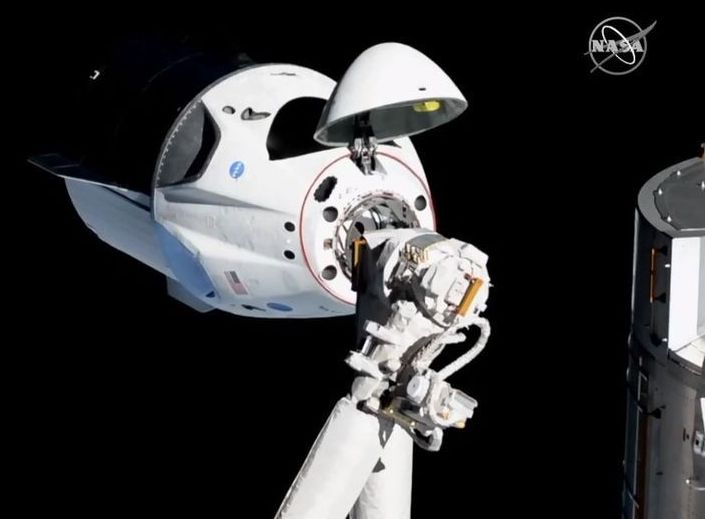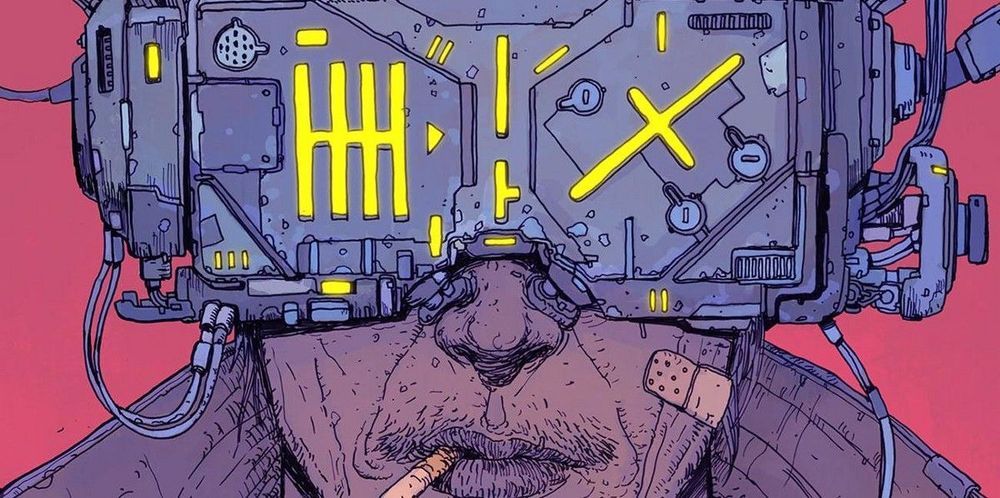Keeping up with Meta’s scandals could easily be a part-time job. All joking aside, the development of its worldwide network ramifications helped decrease communication distances between individuals with an average of three and a half degrees of separation between its members in 2016.
As a reminder, this network and its numerous variations, which certainly don’t need to be named anymore, have enabled us to:
· reach our friends, family members, business collaborators, or partners;
· create and join discussion groups;
· organize events;promote icons and content in very different formats.
The downside is that all of this became possible the moment we agreed to join the online club for free. The benefit of accessing brand new and efficient communication tools has left us with no choice but to keep returning to a highly segmented network (comprising both acquaintances and close friends). Such a network, which includes more and more of our “friends,” convinces us to never really read the terms and conditions (boring, right?).
Yet, they clearly involve the real-time sale of our personal profiles and predictable behaviors the moment we tick the boxes just to get in.
Using a free service is very different from being the unwitting provider of a value stream (via analytics data and advertising marketplaces). We act in good faith, as we would in real life, but often accept advertising as the only way to endorse our cultural preferences regarding this or that innovative trend (even when there is little innovation and mostly an unsustainable waste of our limited resources, namely time and attention).
Today, privacy advocates are also thrilled by the broad variety of initiatives enabling us to stop dissipating our shared moments between our interlocutors AND third parties interfering with our conversations. How do we progressively upgrade the software without requiring everybody (who feels like it could be a good idea, of course) to get on board? We’re facing quite a pickle here, perhaps not as hard as gluing back together large blocks of melting ice, but still not trivial when considered at scale.
Here are two technological ways to connect with your peers outside of the “normative ways”,
plus one relying on one of the oldest networks, email. Here are their respective slogans:
· Delta Chat — Chat over email with encryption,
like Telegram or messaging apps owned by Meta but without the tracking or central control — https://delta.chat/en/
· Element — Own your conversations — https://element.io
(Its underlying protocols are now used by the French state for some of its administration services)
· Signal — Privacy is the default — https://signal.org
I invite you to try them out, share your insights, and support their contributors. Social challenges won’t be solved solely by switching communication tools.
However, conversations remain conversations; the better the host, the more comfortable and safe we feel in preserving a discussion that is as open, honest, and respectful as possible.






